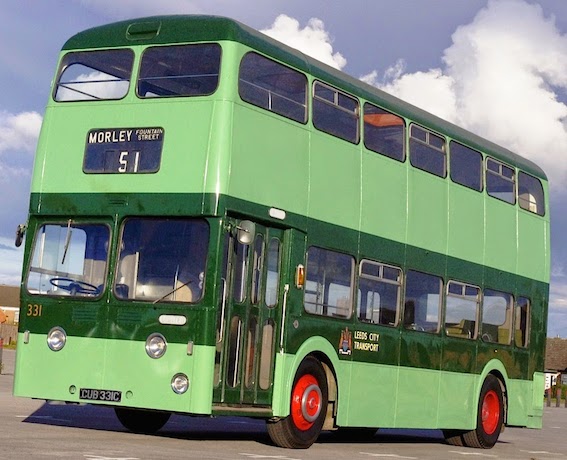

![]() There are many yardsticks by which the media choose to measure the health of a nation. We’re constantly being informed of where we stand in virtual league tables based on GDP, Teenage Pregnancy, Crime Rates and there’s even a Happiness Index. But I’ve always thought that the only true way to judge a country is on how it treats the most vulnerable members of society. And our treatment of one particular section in society – the elderly – has always struck me to be verging on schizophrenic.
There are many yardsticks by which the media choose to measure the health of a nation. We’re constantly being informed of where we stand in virtual league tables based on GDP, Teenage Pregnancy, Crime Rates and there’s even a Happiness Index. But I’ve always thought that the only true way to judge a country is on how it treats the most vulnerable members of society. And our treatment of one particular section in society – the elderly – has always struck me to be verging on schizophrenic.
Towards the end of October and during the first few weeks of November it’s our season of Remembrance. As well as recalling the debt owed to servicemen and women in all conflicts, we rightly fixate upon the very real sacrifices made by the generation who are now in their late 80s or in their 90s and who are coming to the end of their lives. The television will tell stories of the role they played in keeping this country going when it faced the greatest threat it has ever stood against – the spread of fascism and the exporting of murderous terror from Hitler’s Germany as the Nazis sought to subjugate the peoples of Europe and Russia to the East. We should feel rightly proud of the part played by our parents and grandparents who reacted not just with heroism but with stoicism and calm resolve. And when it was all over they sought to build the Land Fit For Heroes voted in a government who gifted us all our country’s greatest ever achievement, the NHS, which was born directly as a result of the determination of our forefathers to make a better world.
Last week, the UK’s leading expert on Accident and Emergency care, Dr Mark Holland, discussed how the NHS was now in an “eternal winter” and said, “At the core of these issues facing the NHS is the rapidly increasing number of delayed discharges.”
Delayed discharges are what are also known as “bed-blockers” – a horrible term used to discuss people, usually the elderly, who can’t be sent home from hospital because the care available to them on the outside is inadequate to meet their needs. This is often due to the cuts that councils and government have made to social care budgets in order to balance the books.
Over the next few months we will see politicians standing at the dispatch box, proudly wearing the Remembrance poppy on their lapel, signalling their own virtue, before going back to their offices and signing off on further cuts to social care budgets, further sidelining of the sick and the elderly while still finding funds to push their own agendas.
And here is the heart of what I referred to as the schizophrenic nature of our relationship with the elderly. We laud them for a few weeks of the year, recognising what they have done for us, and then for the other 11 months we treat them as an inconvenience. They are “bed-blockers”, they are a drain on the social care budget, they no longer contribute economically and all monies saved by not doing right by them can be spent elsewhere. And it’s the very stoicism of that generation – their ability to get on without complaining – which allows the country to treat them so shamefully. They don’t complain.
There is a line in the film The Outlaw Josey Wales which always makes me think of that wartime generation. Josey Wales is struggling to find words to adequately express the loss of a fallen comrade. Eventually he says “This boy was brought up in a time of blood and dying and never questioned a bit of it. He never turned his back on his folks or his kind. I rode with him and I got no complaints.”
Surely as the fifth wealthiest economy in the world, we can make a better fist of caring for the elderly – those people who never turned their backs when they were needed in that time of blood and dying and just because they might not question their treatment then we must speak up on their behalf.
After the war, the generations that followed and who are now themselves bed-blockers, pension-drawers and non-contributors did not find peace, for there were new battles to be fought. They took a stand for workers’ rights, for equality and safer conditions in the workplace and home, for women’s agency over their own bodies, for racial, gender and gay rights. The people who fought those battles, even without the background sound of artillery and bombs, are heroes too. They made this country a better place and now we must speak up for them.
Let’s value the elderly all year round. If cuts must be made then make them elsewhere or use the imagination and energy of today’s younger generations to find answers to the economic problems that beset the world that don’t rely on punishing the vulnerable. We owe so much to those who have gone before us and whatever we might go on to achieve in our own lives, whatever goals we reach for, however high they be, we will only do it because we are standing on the shoulders of giants.



A great piece of writing and I couldn’t agree with you more.